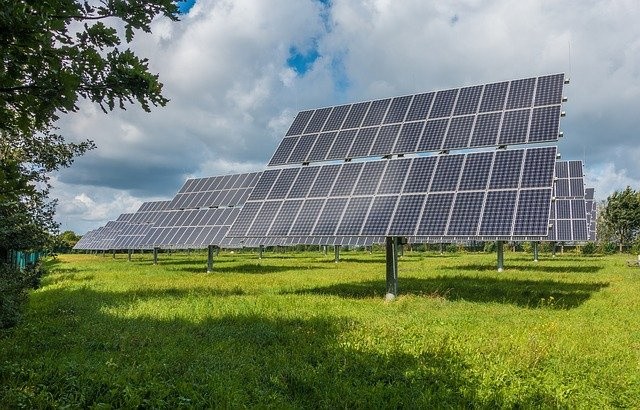Strategies for decarbonizing electricity infrastructure are hot as the globe watches the United Nations COP26 climate meeting in Glasgow, Scotland.
On the other hand, Renewables detractors challenge the reliability of systems that rely on intermittent supplies. A recent study headed by the University of California, Irvine experts, confronts the issue of dependability head-on.

The authors, including experts from China's Tsinghua University, the Carnegie Institution for Science, and Caltech, recently published a paper in Nature Communications claiming that most of the current electricity demand in advanced, industrialized countries can be met by a combination of wind and solar power. However, that favorable conclusion comes with the warning that further efforts will be required to thoroughly meet the countries' needs.
According to the study, the most dependable systems, which are dominated by wind power, can supply electricity demand 72 to 91 percent of the time in the nations surveyed, even without energy storage. On the other hand, solar power now dominates systems, which can meet demand 83 to 94 percent of the time with 12 hours of energy storage capacity.
Examining Energy Data

The researchers examined 39 years of hourly energy demand data from 42 major countries to see if wind and solar power resources could meet their demands. They discovered that a complete transition to sustainable energy resources is easier for bigger, lower-latitude countries, which can rely on solar electricity availability all year.
Related Article : OPEC Member Calls for Change, Urges Oil Producers to Invest More on Renewable Energy
Germany as an Example
The researchers used Germany as an example of a country with a smaller land mass at a higher latitude, making meeting its energy demands using wind and solar resources more difficult.
"Historical data reveals that nations farther from the equator might occasionally face periods known as 'dark doldrums,' during which solar and wind power supply is highly restricted," said Dan Tong, principal author and assistant professor of Earth system science at Tsinghua University. "In Germany, one recent example of this problem lasted two weeks, requiring Germans to rely on dispatchable power, which fossil fuel-burning facilities often provide."
Capacity
Building up producing capacity that surpasses yearly demand, improving long-term storage capacities, and combining the resources of different nations on a continental land mass are some of the solutions proposed by academics to address this issue.
"Europe is a fantastic example," said Tong, who began her research as a post-doctoral fellow in the Department of Earth System Science at UC Irvine. "A system that combines solar resources from Spain, Italy, and Greece with abundant wind from the Netherlands, Denmark, and the Baltic area might give a lot of consistency and reliability."
Wind and Solar Power
The researchers discovered that wind and solar power systems could provide around 85% of the US's total electricity consumption. This percentage could be boosted further by overbuilding capacity, adding batteries and other storage systems, and linking with other countries on the continent.
"Europe is a fantastic example," said Tong, who began her research as a post-doctoral fellow in the Department of Earth System Science at UC Irvine. "A system that combines solar resources from Spain, Italy, and Greece with abundant wind from the Netherlands, Denmark, and the Baltic area might give a lot of consistency and reliability."
Enough to Provide

The researchers discovered that wind and solar power systems could provide around 85% of the US's entire electricity consumption. This percentage could be boosted further by overbuilding capacity, adding batteries and other storage systems, and linking with other countries on the continent.
"There are obvious geophysical restrictions on our capacity to create net-zero carbon power over the planet," Davis explained. "It boils down to the distinction between the difficult and the impossible: it will be tough to phase out fossil fuels from our power generating mix, but we can do so if technology, economics, and socio-political will all align."
Also Read: Study Shows How Urban Experimentation May Help Develop Better Sustainable Policies
For more news about making the environment sustainable, don't forget to follow Nature World News!
© 2025 NatureWorldNews.com All rights reserved. Do not reproduce without permission.





